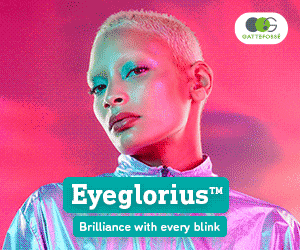Known carcinogen benzene can form at ‘high levels’ in benzoyl peroxide (BOP) products used to treat acne.
Benzene was detected by independent US laboratory Valisure in products from Estee Lauder-owned Clinique, Target's Up & Up and Reckitt Benckiser’s Clearasil.
Valisure has filed a petition with the US’ Food and Drug Administration (FDA), pushing the regulator to recall the products, conduct an investigation and revise industry guidance.
The FDA has not yet responded to the petition.
According to the Connecticut-based company, benzene was also detected in Proactiv, PanOxyl, Walgreens' acne soap bar and Walmart's Equate Beauty acne cream, among others.
Results from Valisure’s tests show that on-market BPO products can form over 800 times the FDA concentration limit of 2 parts per million (ppm) for benzene.
High levels of benzene were not only detected inside BPO products, but also in the air around incubated BPO products, showing that benzene can leak out of some product packages and pose a potential inhalation risk.
Benzene exposure (either via inhalation, orally or through the skin) can potentially result in cancers such as leukaemia and blood cancer of the bone marrow, as well as blood disorders that can be life threatening.
2021-22 saw a spate of beauty industry benzene scare recalls related to aerosol products including dry shampoos and spray-on sun care from brands including Banana Boat; Unilever’s Dove and Tresemmé; and Procter & Gamble’s Pantene, Aussie and Herbal Essences, among others.
However, Valisure’s Co-Founder and President, David Light, suggested these historic ‘impurity’ issues were less serious than the current BPO acne products one, where the culprit is an intentionally-added ingredient.
“This discovery of benzoyl peroxide’s fundamental instability and formation of benzene is substantially different than Valisure’s previous findings of benzene in sunscreens, hand sanitisers and other consumer products,” said Light.
“The benzene we found in sunscreens and other consumer products were impurities that came from contaminated ingredients; however, the benzene in benzoyl peroxide products is coming from the benzoyl peroxide itself, sometimes at hundreds of times the conditional FDA limit.
“This means the problem broadly affects benzoyl peroxide products, both prescription and over-the-counter, and necessitates urgent action.”



